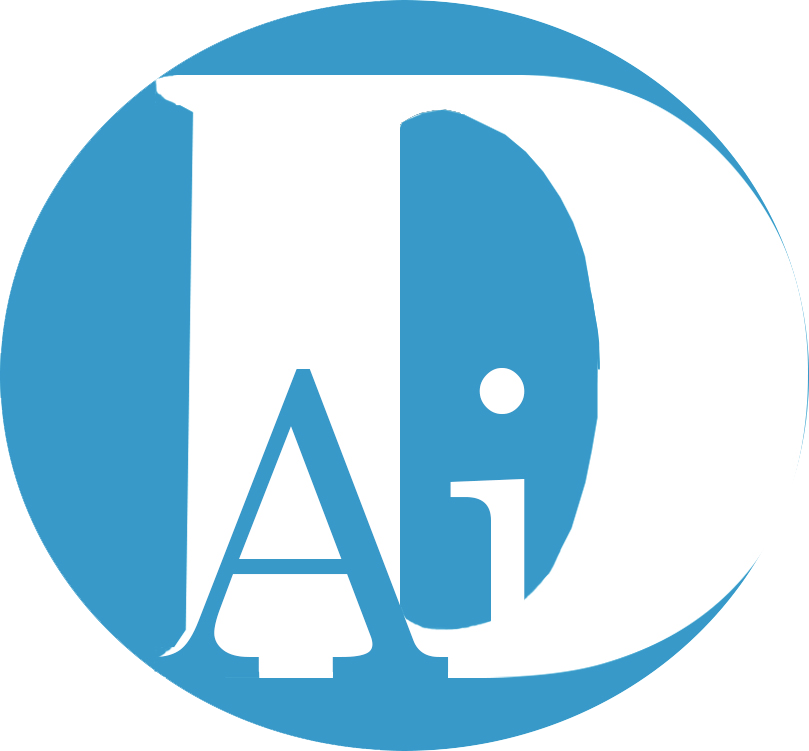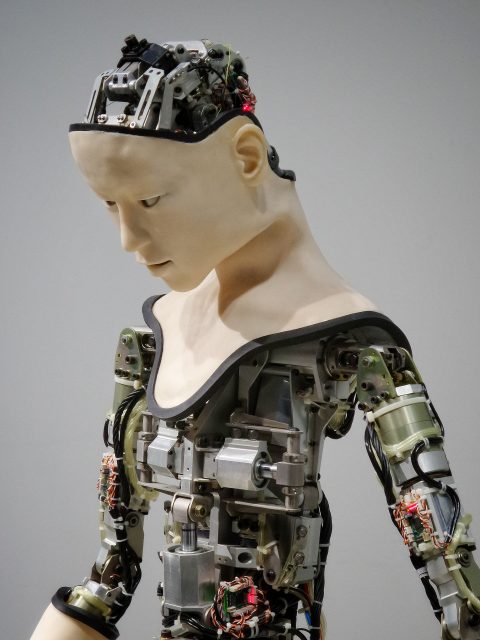In April 2019, the Board of Governors of Dawson College approved DawsonAI Initiative: an ambitious, multi-faceted three-year strategic effort to better prepare our students for a future which will be increasingly shaped by new technologies such as Machine Learning, the Internet of Things, and Big Data.
The largest fraction of the approved financing is for the DawsonAI multi-disciplinary Community of Practice. CoP Fellows are faculty who meet regularly and collaborate on developing portfolios of teaching resources in their discipline, which are focused on incorporating themes pertinent to the DawsonAI initiative in their classrooms.
The second most important part of the budget is focused on supporting the development of applied research expertise amongst faculty with respect to these same themes. The DawsonAI Research Fellowship is meant to support faculty in research projects related to domains such as:
- Fundamental or Applied research in AI
- Machine Learning
- Ethics of AI
- Computational Linguistics or Natural Language Processing
- Digital Humanities
- Computational Social Science
Follow this link for the Call for Proposals, which contains more details: http://bit.ly/AI-ResearchFellow2020
The ultimate objective of the DawsonAI initiative is to expose as many students as possible, in an as many ways as possible, to how data is transforming every facet of our lives at an unprecedented pace. The impact of social media platforms on democracy, algorithmic biases, digital surveillance, AI and the Arts, the economics of automation, computer vision, machine translation, augmented reality, learning analytics, biostatistics…these are but a few of the new frontiers where Dawson faculty may have research expertise. Students will invariably benefit from such a focused effort to systematically accelerate these types of research projects.
The DawsonAI initiative stands out from other similar projects at other institutions, because of its focus on building the local capacity of our faculty so that the impact spreads beyond the traditional math, science, and computer science, disciplines. The modern economy is increasingly inter-disciplinary: this initiative strives to mirror that in all its projects.




